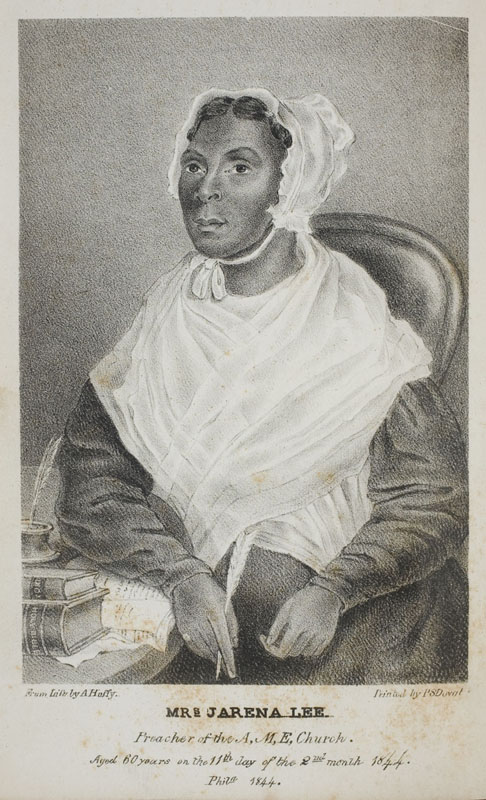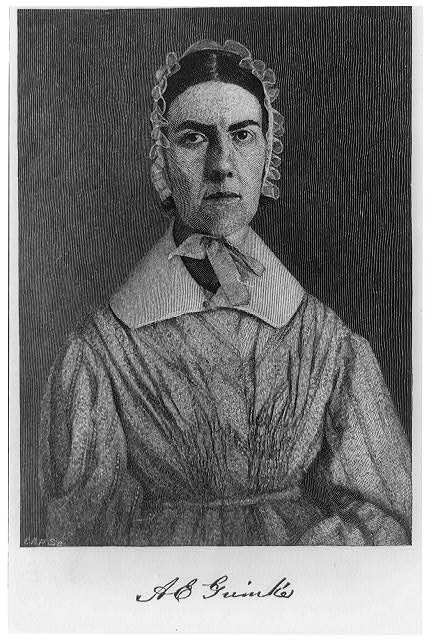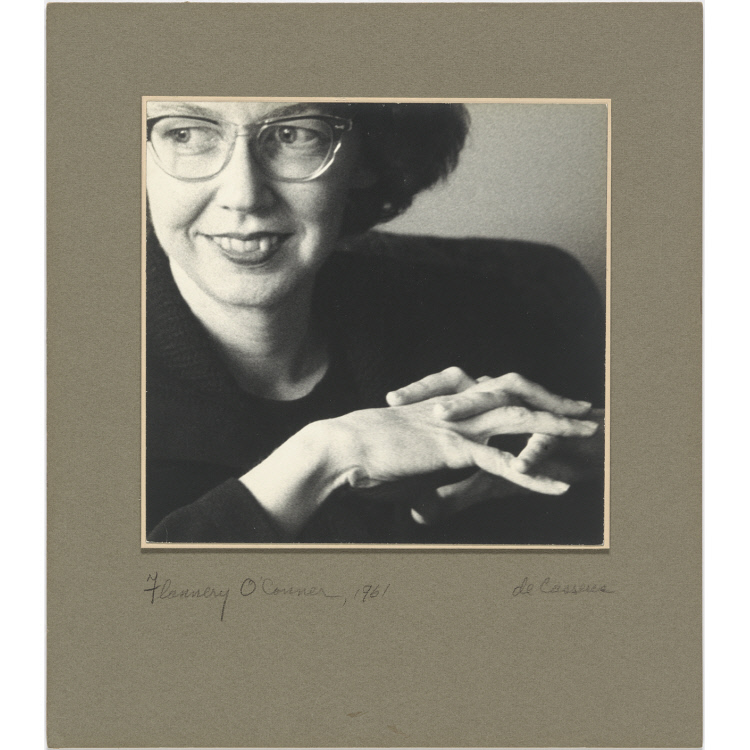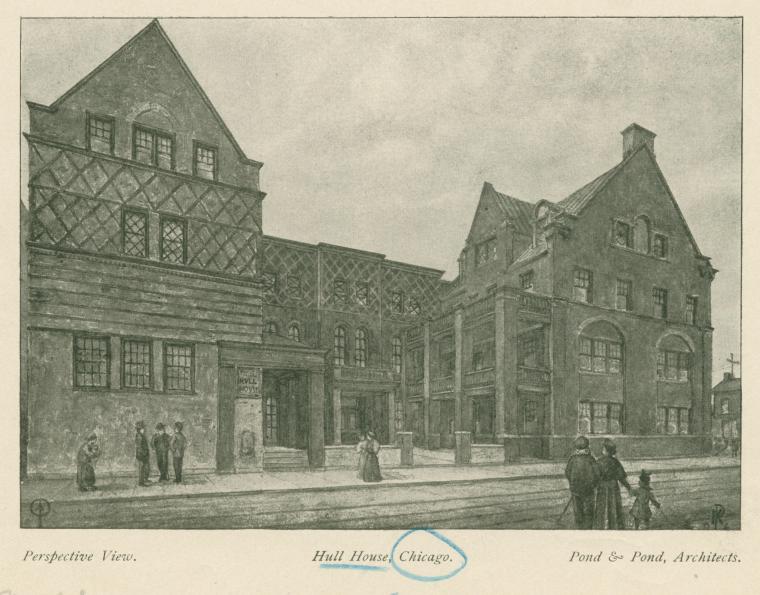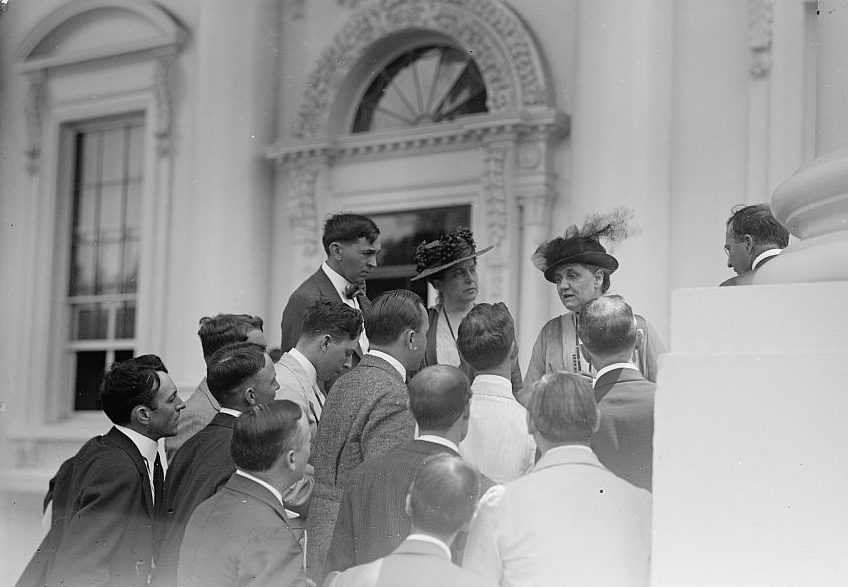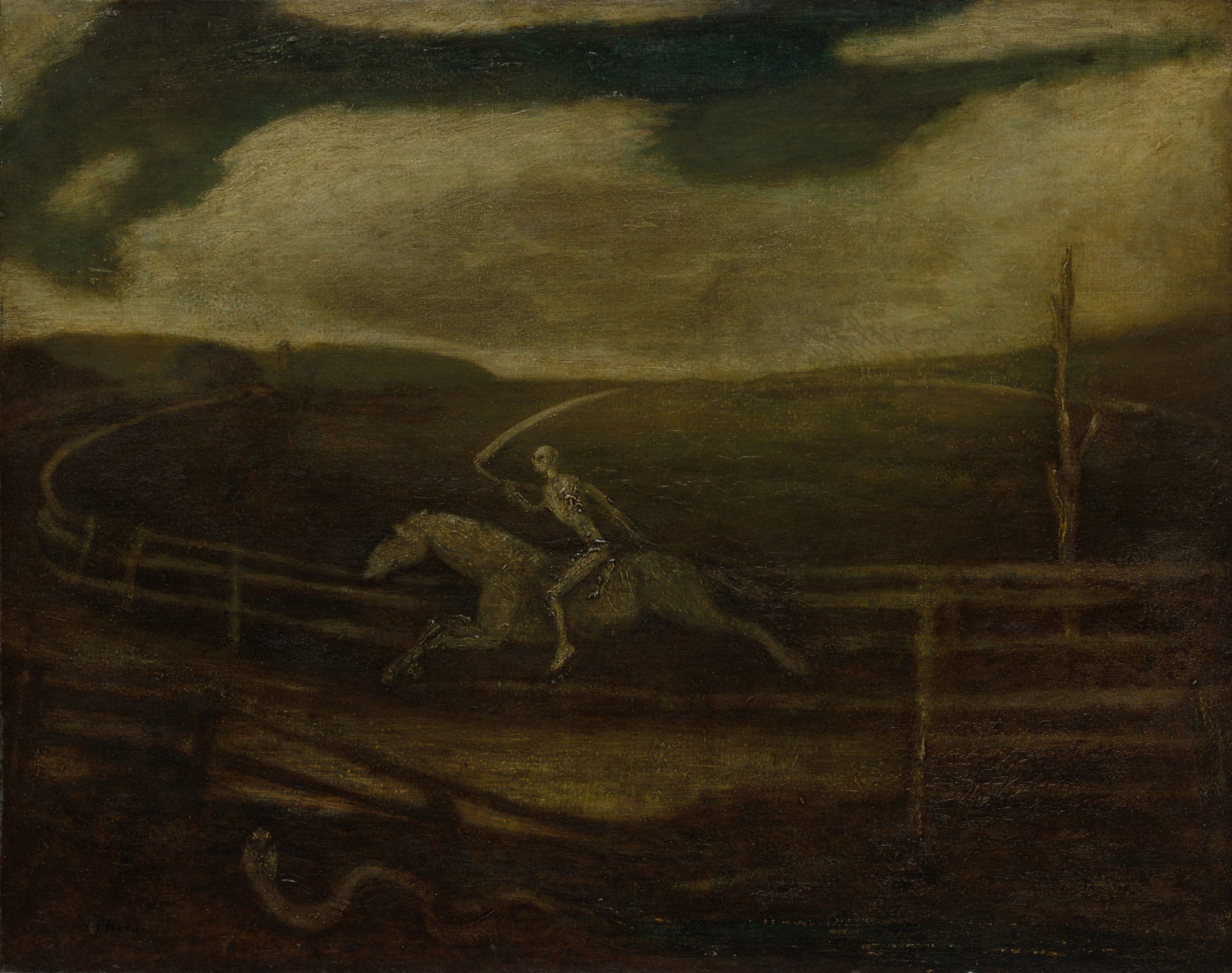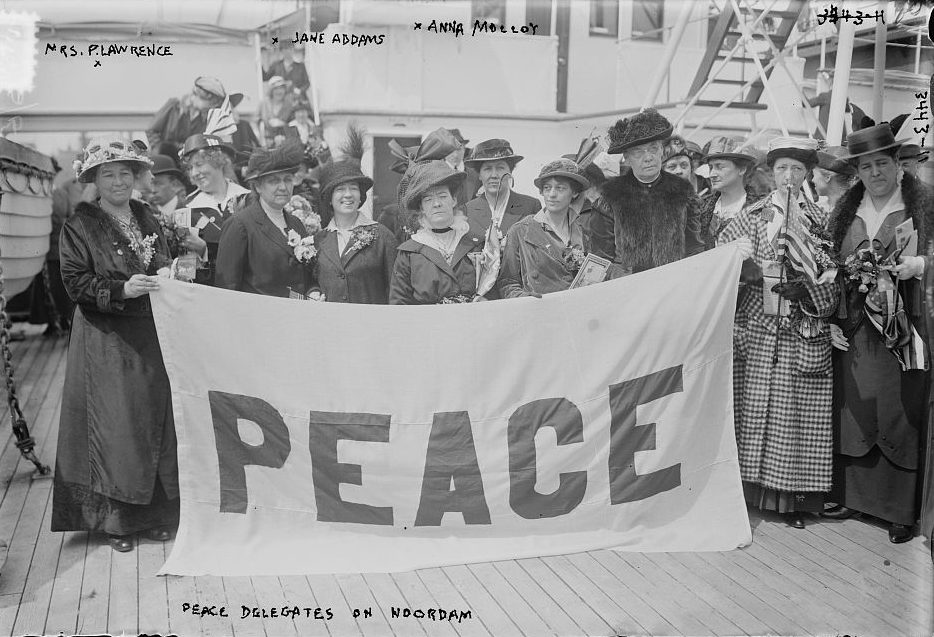Lazarus wrote this meditation on Jewish history in 1867, shortly after visiting Touro Synagogue for the first time. Lazarus’ great uncle Moses Seixas had served as lay leader in this worship space, designed with classical proportions by self-taught local architect William Harrison and dedicated in 1763. It served a congregation of Sephardic Jews who came to Rhode Island a century before (perhaps as early as 1658). Their ancestors, having been expelled from Spain and Portugal at the end of the 15th century, had tried to rebuild their community first in Northern Europe, later in Brazil and Barbados. Rhode Island offered a safer home. Founded by Roger Williams, a dissenter who fled Puritan Massachusetts, the colony was granted a charter in 1663 by the English Restoration monarch Charles II, allowing residents to practice the religion of their choice. It was the first American colony to achieve this.
Newport’s merchant Jewish community prospered until the American Revolution, when British forces occupied the town. Many residents fled. By the end of the war, the shipping trade had moved to other American ports, most of the Jewish community moving with it. Early in the 19th century the synagogue was closed for all but funerals and high holiday services.
By 1850, Newport had become a vacation spot for Jewish families from New York, and the synagogue was reopened during the summer months. When eighteen-year-old New Yorker Emma Lazarus visited it, she was already an accomplished poet. But she had not yet used verse to explore her Jewish heritage. Still, she had read Longfellow’s 1852 poem about the synagogue’s seemingly abandoned cemetery. Whereas Longfellow stayed outside the synagogue, musing on the still, silent gravestones close by the harbor’s churning surf, Lazarus entered the sanctuary—literally and imaginatively. Later, she took up her pen to quietly challenge Longfellow’s assumption that the synagogue memorialized a dead nation and a forgotten religion.
For Lazarus, the synagogue takes life as a portal through which the Hebrews’ sacred history can be entered. She had read scripture, but had not practiced Jewish family prayer rituals; her branch of the family had become more secular than observant. Still, she senses a holy presence in the sanctuary. Through scripture study, the people who worshipped at Touro kept ancient Jewish history alive. Perhaps they truly encountered God in their prayers. Yet the mystery that chiefly preoccupies Lazarus is the persistence of Jewish faith despite diaspora and two millennia of persecution.
In the Jewish Synagogue at Newport
Here, where the noises of the busy town,
The ocean’s plunge and roar can enter not,
We stand and gaze around with tearful awe,
And muse upon the consecrated spot.
No signs of life are here: the very prayers
Inscribed around are in a language dead;
The light of the “perpetual lamp”[1] is spent
That an undying radiance was to shed.
What prayers were in this temple offered up,
Wrung from sad hearts that knew no joy on earth,
By these lone exiles of a thousand years,
From the fair sunrise land that gave them birth!
How as we gaze, in this new world of light,
Upon this relic of the days of old,
The present vanishes, and tropic bloom
And Eastern towns and temples we behold.
Again we see the patriarch with his flocks,
The purple seas, the hot blue sky o’erhead,
The slaves of Egypt,—omens, mysteries,—
Dark fleeing hosts by flaming angels led.[2]
A wondrous light upon a sky-kissed mount,
A man who reads Jehovah’s written law,
’Midst blinding glory and effulgence rare,
Unto a people prone with reverent awe.[3]
The pride of luxury’s barbaric pomp,
In the rich court of royal Solomon[4]—
Alas! we wake: one scene alone remains,—
The exiles by the streams of Babylon.[5]
Our softened voices send us back again
But mournful echoes through the empty hall:
Our footsteps have a strange unnatural sound,
And with unwonted gentleness they fall.
The weary ones, the sad, the suffering,
All found their comfort in the holy place,
And children’s gladness and men’s gratitude
Took voice and mingled in the chant of praise.
The funeral and the marriage, now, alas!
We know not which is sadder to recall;
For youth and happiness have followed age,
And green grass lieth gently over all.
Nathless[6] the sacred shrine is holy yet,
With its lone floors where reverent feet once trod.
Take off your shoes as by the burning bush,[7]
Before the mystery of death and God.
